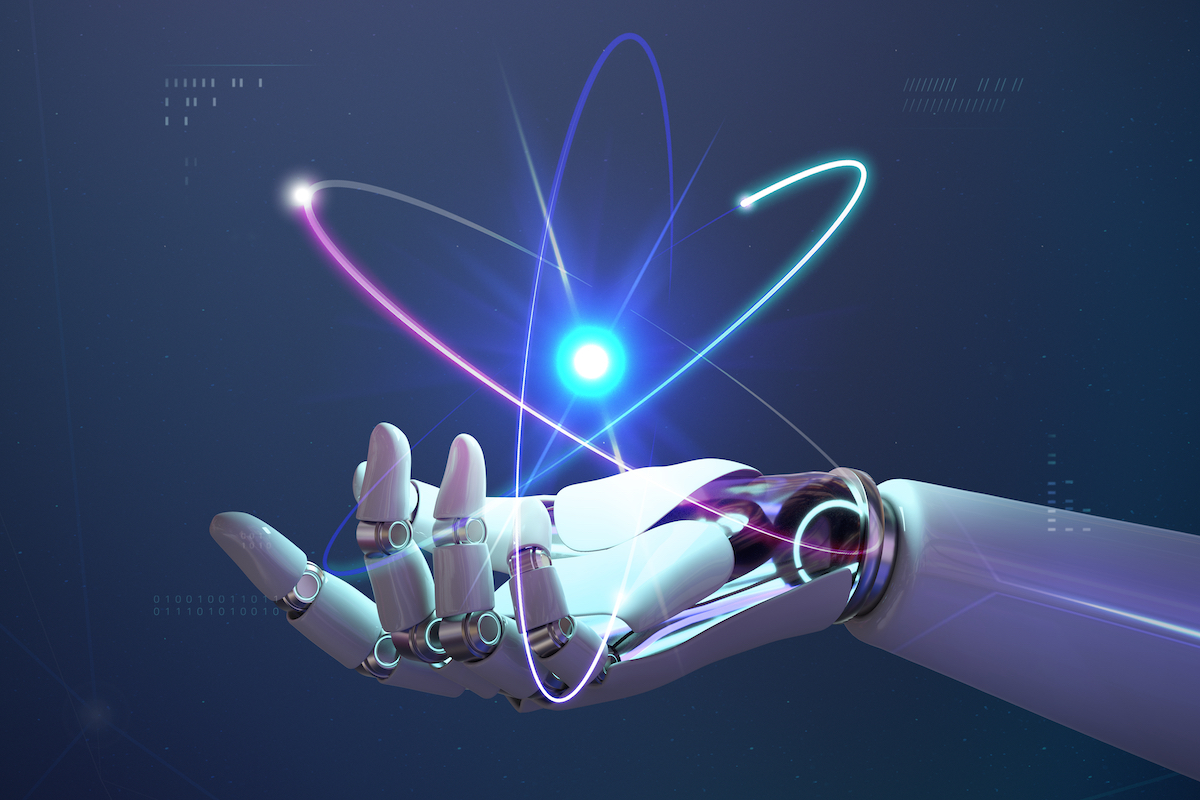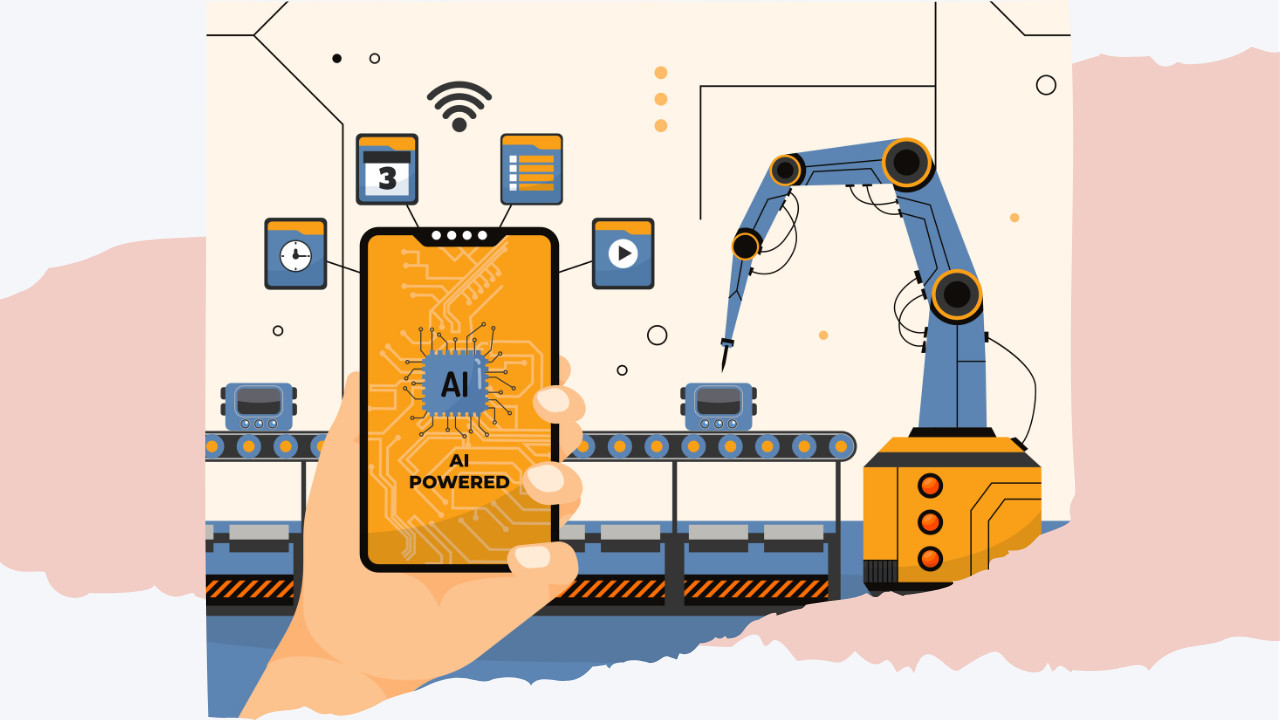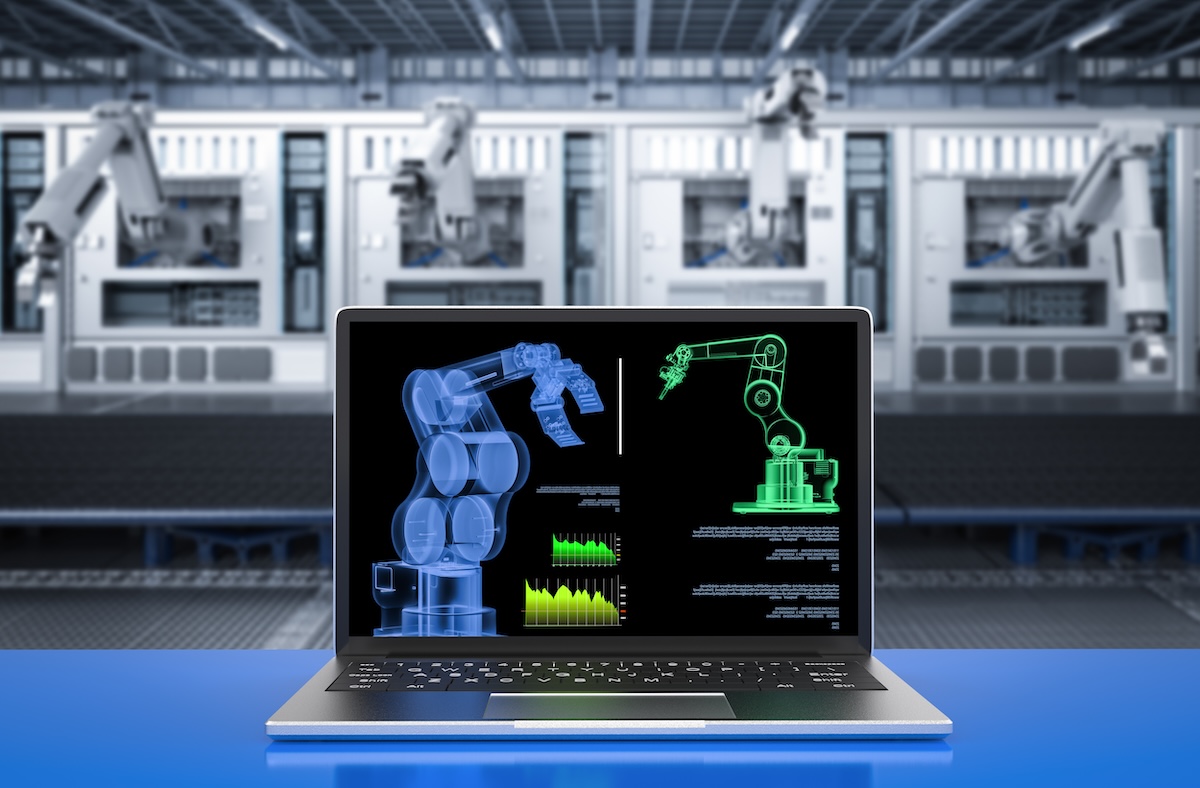Artificial intelligence: instructions for use
Artificial intelligence does not have an unambiguously accepted definition. This is because AI is not a stand-alone technology but a combination of different technologies that, properly orchestrated with each other, allow machines to act, almost, autonomously. Unlike automation, AI doesn’t just allow you to follow repetitive tasks but, like a human brain, it is able to learn and respond to any unexpected events.
How does Artificial Intelligence work?
Just like humans, AI creates patterns to organize the world around it and to perform known actions. And like humans, AI grows and improves with experience. This latter process is referred to as Machine Learning. More about Human-in-the-loop and machine learning.
Machine Learning, i.e. the ability of AI to learn, is a key building block of this technology: being able to act based on data analysis and encode what action to take is what makes an automated system intelligent. The use of Artificial Intelligence and its integration into the most complex end-to-end processes aims to optimize production: from maintenance to the actual production process.
How to use AI?
In addition, Artificial Intelligence, can leverage data at a level that no human could ever achieve. This capability enables significant economic benefits. Economic benefits that can only be had by properly leveraging the capabilities of this technology. Crucially, the myth of the more data you have, the better is debunked: enterprise AI needs intelligent data. The data needs to be high quality, up-to-date, relevant, and enriched. Find out more about Implementing Artificial Intelligence Solutions.
How do you explain AI to beginners?
AI is like teaching a computer to think like a human. It learns from data and experiences to make its own decisions. Imagine it as a smart assistant that can perform tasks, analyze information, and even predict outcomes.
How do I start learning AI?
To start learning AI, you can begin with online courses, tutorials, and books that cover the basics of machine learning and AI concepts. You’ll also benefit from hands-on practice with coding and experimenting with AI frameworks.
What are the 3 main types of artificial intelligence?
The three main types of artificial intelligence are:
- Narrow or Weak AI: Designed for a specific task, like speech recognition or image classification.
- General or Strong AI: Possesses human-like intelligence, capable of learning and performing any intellectual task that a human being can.
- Artificial Superintelligence: Exceeds human intelligence in every aspect, including creativity and problem-solving abilities. This is a theoretical concept at present.



